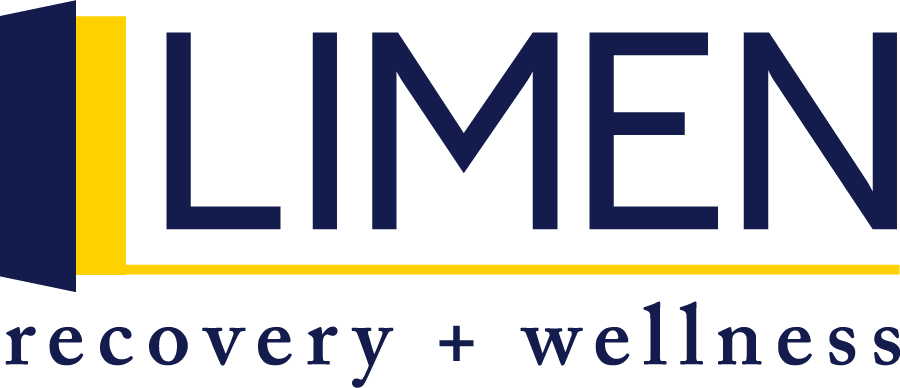Intensive Outpatient
Imagine a world where you can receive comprehensive addiction treatment without having to put your life on hold. Limen Recovery intensive outpatient program (IOP) offers just that. This flexible and effective approach to treatment allows you to maintain your daily responsibilities while receiving the support you need to overcome addiction.


